Please create a free account below, or login by clicking here.
Petland Overland Park, Kansas
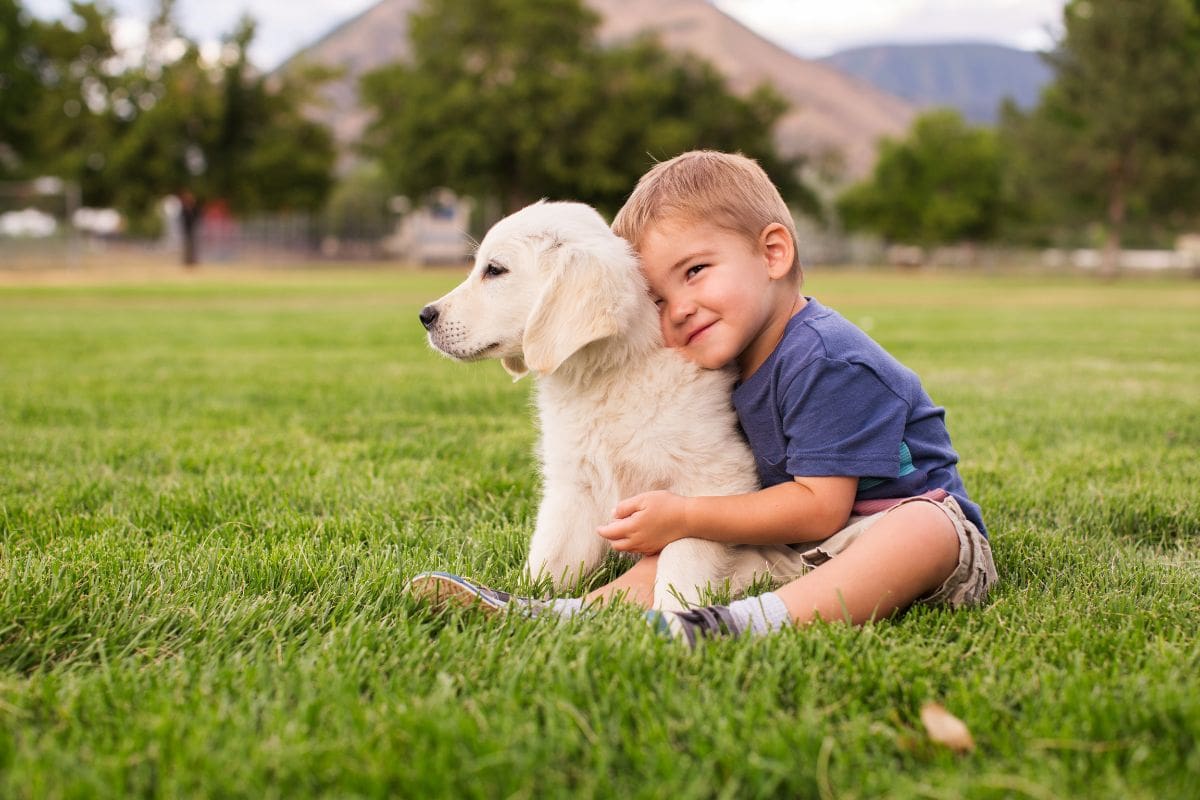
Bringing home a new pet is an exciting milestone, but choosing where to find your furry family member can be challenging. Petland has established itself as a reliable and compas...

That adorable puppy isn’t just cute; it’s a complex creature needing specific things — understanding what makes a puppy thrive is key to their happiness and de...
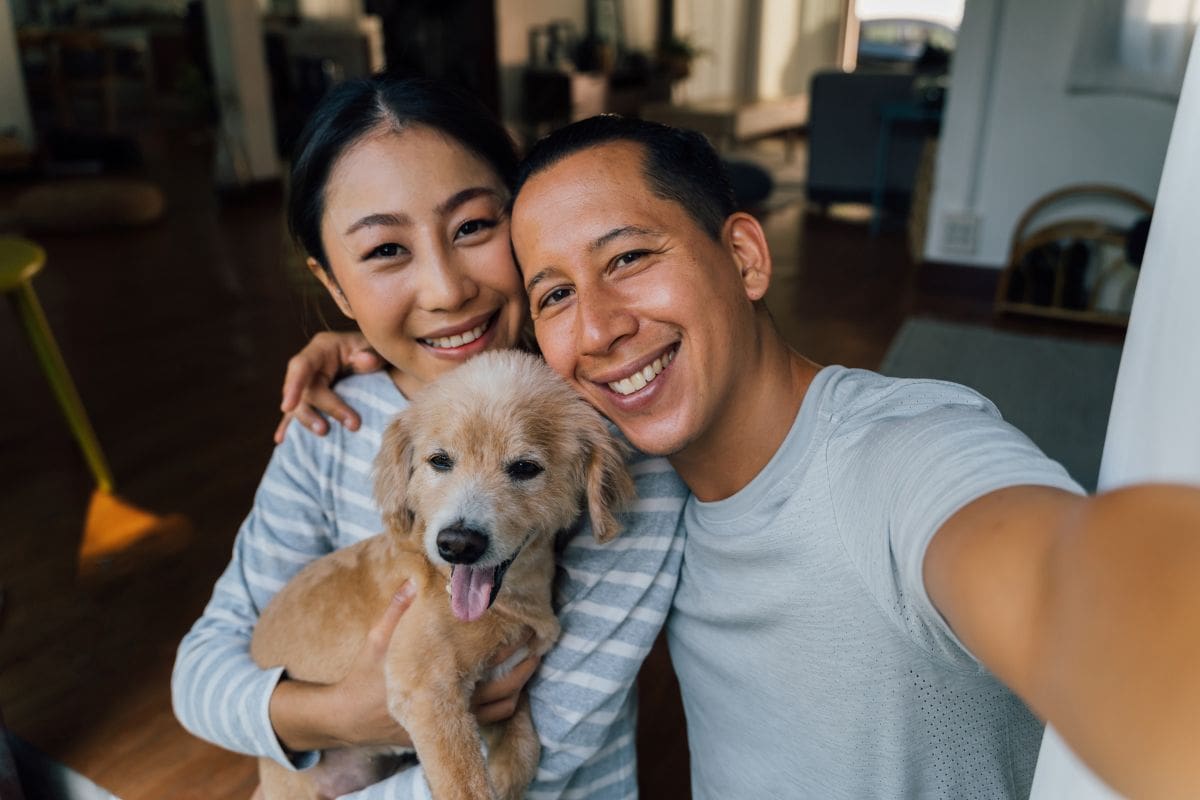
So, you’re thinking about getting a puppy from Petland? Get ready because you’re not just taking home a bundle of furry joy. You’re also getting a full-on star...
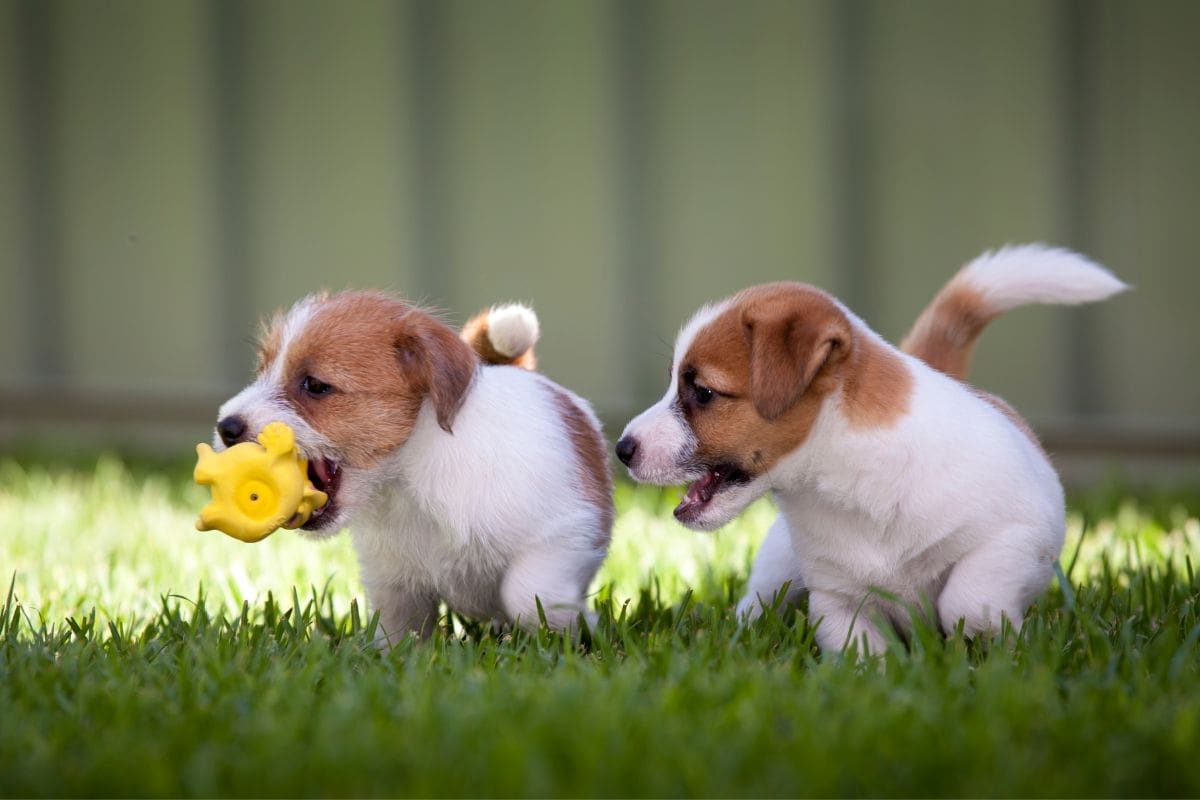
Bringing home a new puppy is like adding a little tornado of energy to your life. They zoom around, chew on everything, and look at you with those big, eager eyes that say, R...
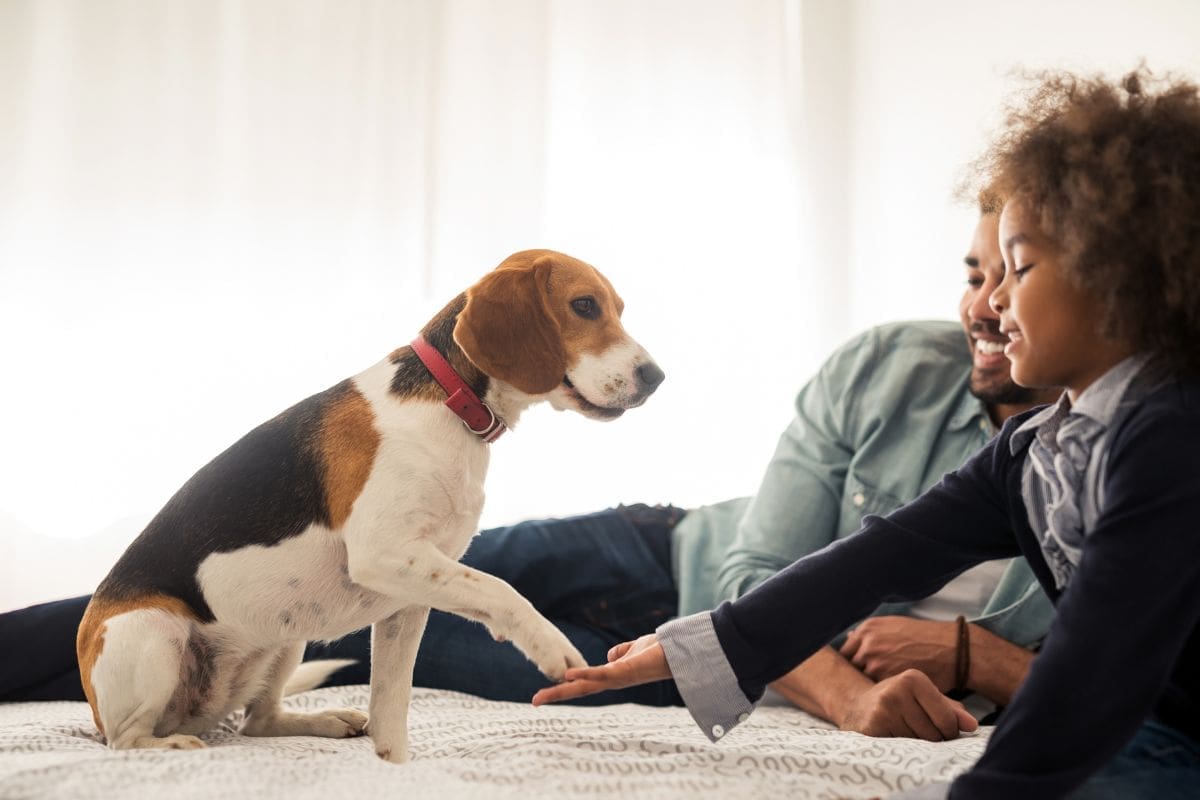
Bringing a dog into your family is a big decision that comes with lots of joy, responsibility, and, of course, plenty of tail wags. With so many breeds to choose from, finding t...
Image Not Found
So, you’ve decided to add a four-legged best friend to your life—congrats! But now comes the hard part… which breed is right for you? Choosing a dog isn’...
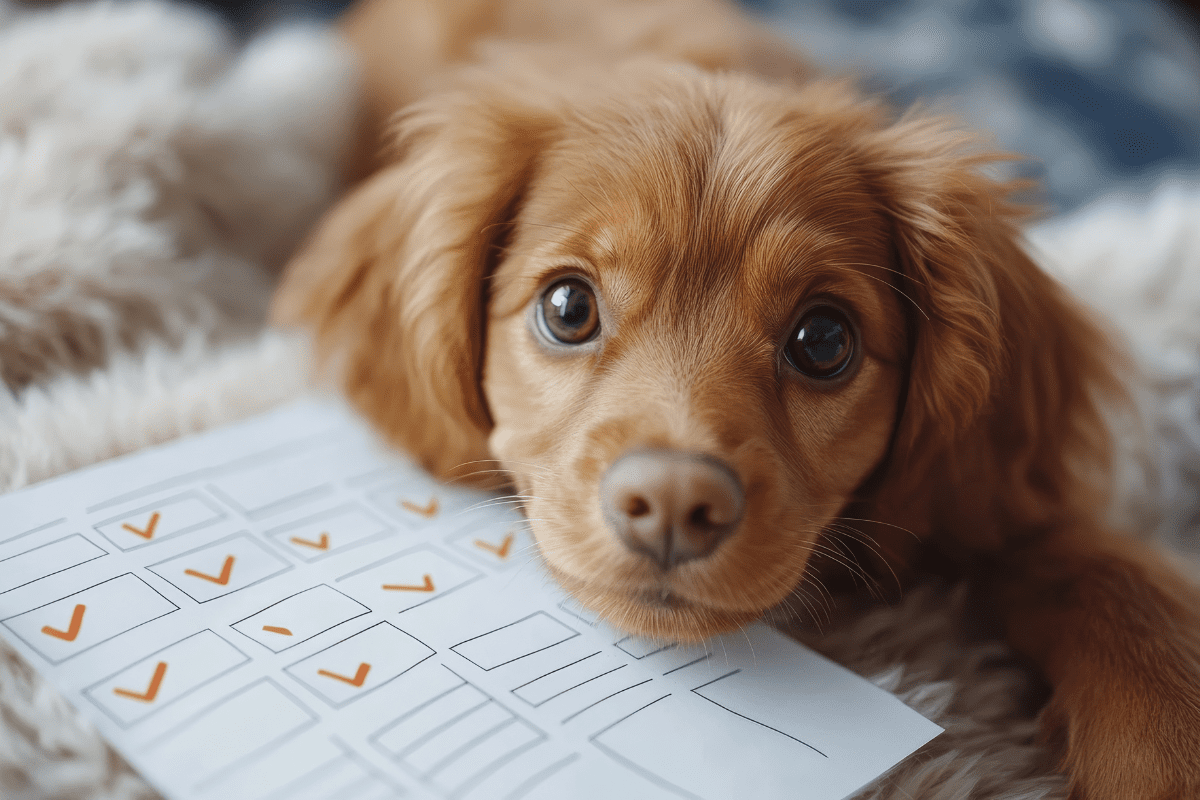
Bringing home a new puppy? Get ready for cuteness overload, lots of tail wags, and… a bit of chaos too. Puppies are like tiny, adorable tornadoes that can turn your world ...
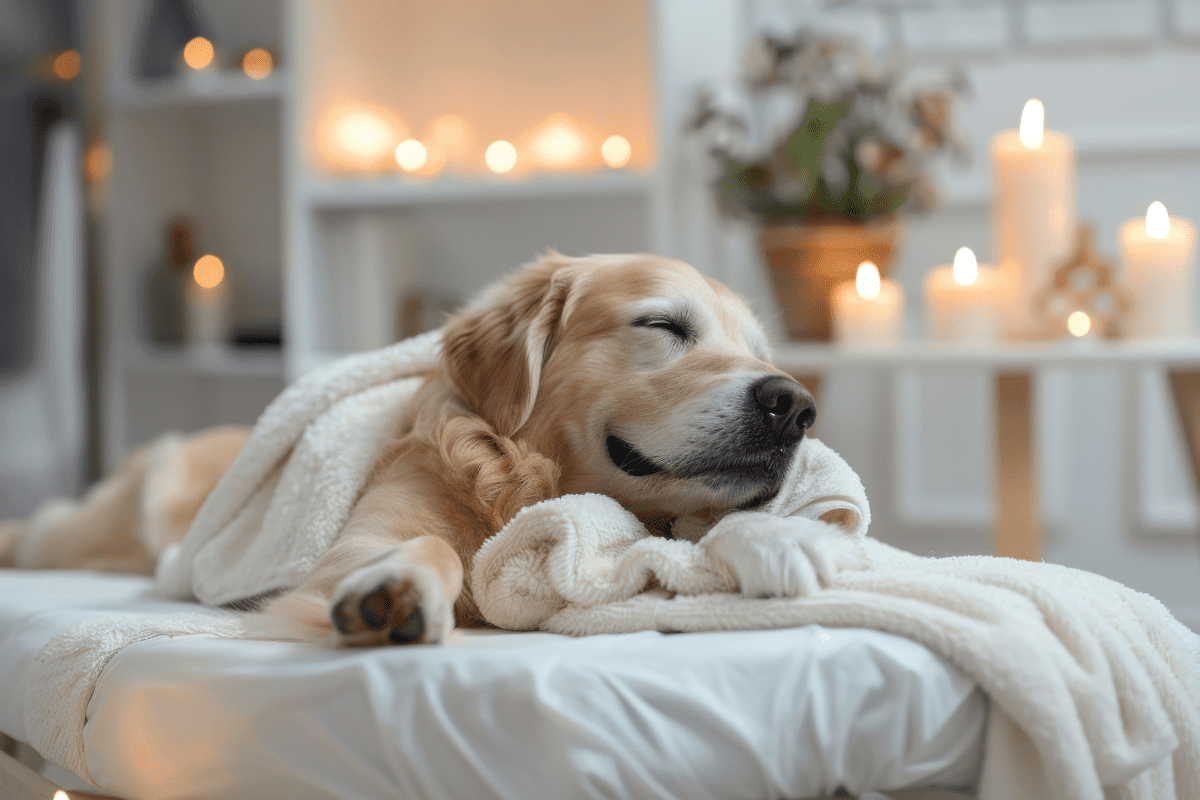
Self-care is all about wagging your tail and feeling pawsitively great! It involves activities that keep you happy, healthy, and full of energy. Whether it’s a daily walk,...

Bringing a puppy into your life is like welcoming a furry little tornado of joy, energy, and endless cuteness. But let’s be real—along with the cuddles and wagging t...

As a cat owner, ensuring the health and safety of your furry friend is a top priority. With the emergence of avian influenza, commonly known as bird flu, it’s crucial to u...

Ah, Christmas! The time of year when homes are aglow with twinkling lights, the air is filled with the scent of pine, and everyone is wrapped in a warm, fuzzy feeling of joy and...
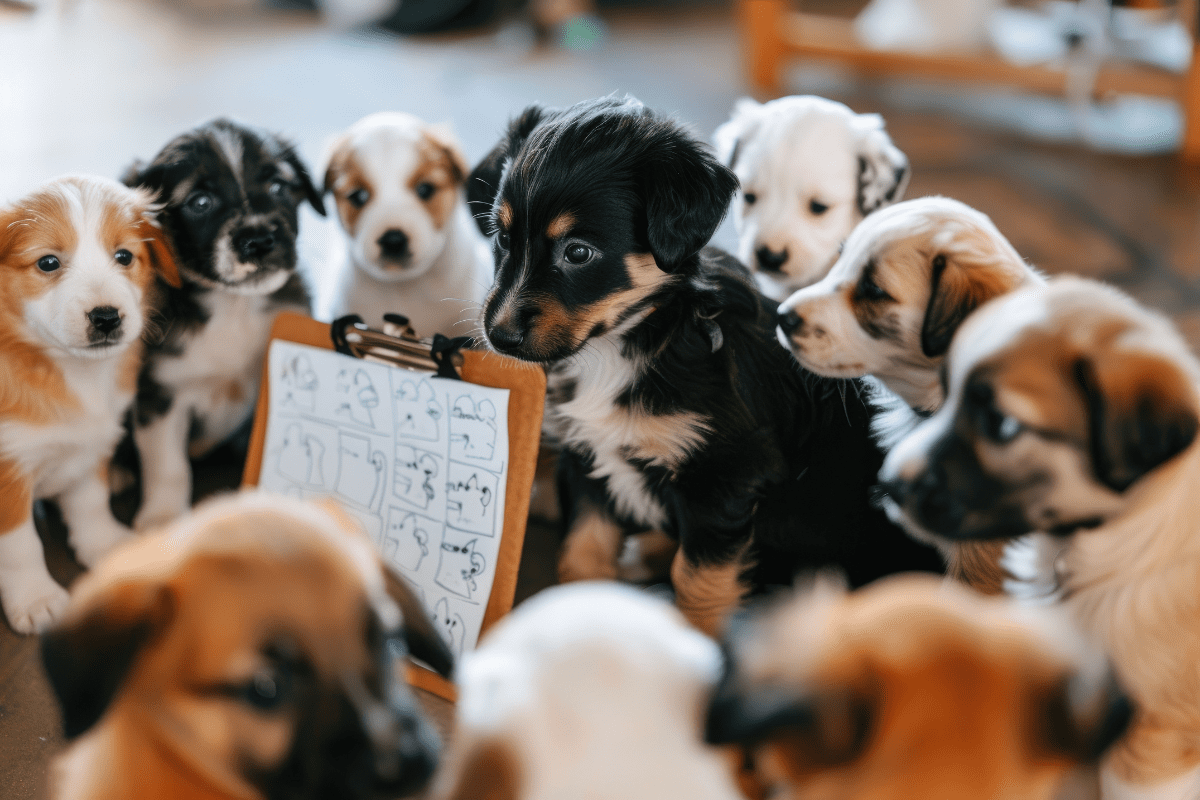
There’s nothing like the joy of bringing a fluffy, four-legged bundle of joy into your life. Puppies are the ultimate companions—full of love, energy, and just a lit...
Trustindex verifies that the original source of the review is Google. You're looking for a rabbit stuff they got it You're looking for beta stuff fish they got it they do not sell life fish except for betas oh one more request stop selling bunnies rabbitsTrustindex verifies that the original source of the review is Google. Great service, pretty dogsTrustindex verifies that the original source of the review is Google. I had such a great experience at Petland thanks to Marissa! She was incredibly knowledgeable, patient, and genuinely passionate about the animals. Marissa took the time to answer all of my questions and made sure I felt confident and comfortable before making any decisions. You can tell she truly cares about matching the right pet with the right person. Her friendly attitude and helpful guidance made the whole visit so much more enjoyable. If you’re visiting Petland, I definitely recommend asking for MarissaTrustindex verifies that the original source of the review is Google. We got our little Charlie from here back in October and are happy to report no issues and he has been super healthy!
"*" indicates required fields
"*" indicates required fields